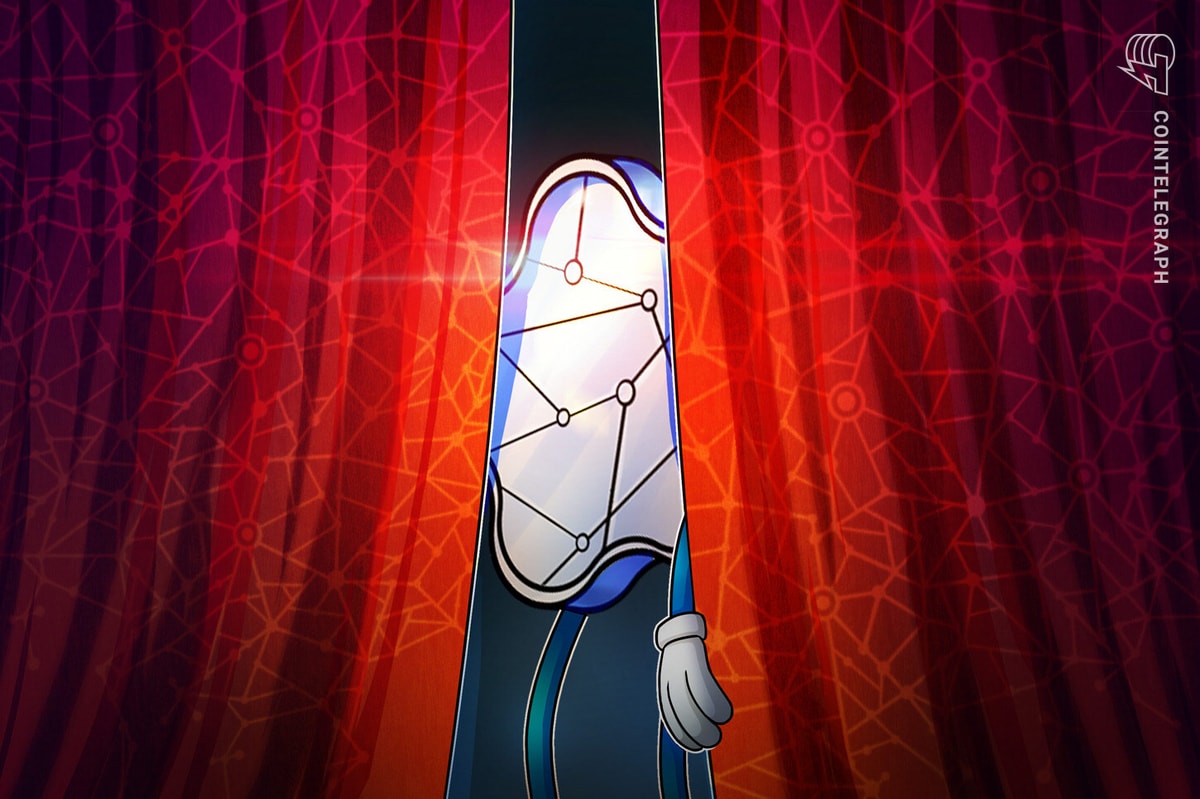ARTICLE AD BOX
Electronics spared from recent tariffs will face new duties aimed at reshoring semiconductor production, Lutnick said.
Apr 13, 2025, 3:10 p.m.
The Trump administration’s exemption on tariffs for electronics may be short-lived.
Commerce Secretary Howard Lutnick said Sunday that the White House’s decision to exempt items like smartphones, computers, and other consumer electronics from steep tariffs earlier this month was only temporary.
A new set of duties focused on semiconductors is expected within “a month or two,” he said.
“All those products are going to come under semiconductors, and they're going to have a special focus type of tariff to make sure that those products get reshored,” Lutnick said during an interview on ABC’s This Week.
The goal, he added, is to encourage chip and flat panel production in the U.S. and reduce dependence on Asian manufacturing. The clarification follows a bulletin from U.S. Customs and Border Protection released late Friday bringing a temporary exemption for a range of key electronics from the reciprocal tariffs President Donald Trump announced earlier this month.
However, Lutnick emphasized that those same items would soon be swept up under a more targeted policy aimed at “national security” industries like semiconductors and pharmaceuticals.
“We need to have chips, and we need to have flat panels — we need to have these things made in America,” Lutnick said.
The price of bitcoin dropped roughly 1% on headlines reporting on Lutnick’s words, before recovering back to the $84,000 mark. The wider crypto market, measured by the CoinDesk 20 (CD20) index, is down roughly 1.6% in the last 24-hour period.
Francisco Rodrigues
Francisco is a reporter for CoinDesk with a passion for cryptocurrencies and personal finance. Before joining CoinDesk he worked at major financial and crypto publications. He owns bitcoin, ether, solana, and PAXG above CoinDesk's $1,000 disclosure threshold.

 1 week ago
7
1 week ago
7









 English (US) ·
English (US) ·